Timeline: one year since the death of George Floyd
Police killing of the unarmed African American prompted moment of reckoning for US race relations
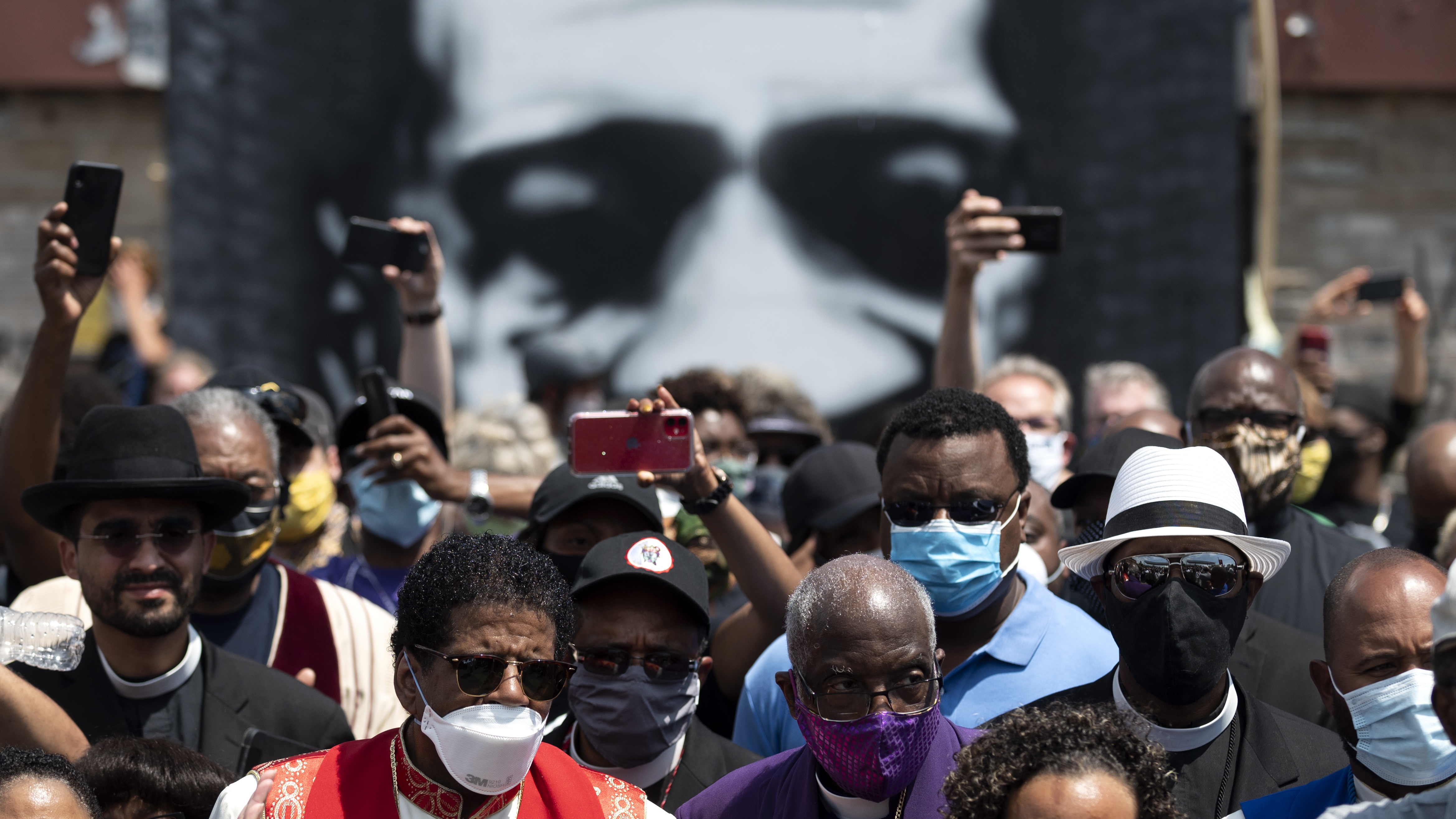
A free daily email with the biggest news stories of the day – and the best features from TheWeek.com
You are now subscribed
Your newsletter sign-up was successful
Thousands of people have taken to the streets of Minneapolis to protest against the killing of an unarmed black man by a police officer who was filmed kneeling on his neck for at least eight minutes.
The now-viral footage shows George Floyd - described as a “gentle giant” who “took care of people”, according to local newspaper Star Tribune - begging for help as bystanders plead with the officer to stop.
Floyd’s death is the latest in a string of similar killings, with research suggesting that about one in 1,000 black men and boys in the US can expect to die at the hands of police.
The Week
Escape your echo chamber. Get the facts behind the news, plus analysis from multiple perspectives.

Sign up for The Week's Free Newsletters
From our morning news briefing to a weekly Good News Newsletter, get the best of The Week delivered directly to your inbox.
From our morning news briefing to a weekly Good News Newsletter, get the best of The Week delivered directly to your inbox.
What happened to George Floyd?
Police in the Minnesota city were called to a “forgery in progress” after Floyd allegedly tried to use a counterfeit $20 bill at a store.
After arriving at the scene, the law enforcers ordered Floyd away from his vehicle and handcuffed him. He was then pinned to the ground and surrounded by four officers, one of whom - named as Derek Chauvin - placed his knee on the back of Floyd’s neck.
Police said in a statement that Floyd “physically resisted officers”, but witnesses dispute that claim, reports CBS News.
A free daily email with the biggest news stories of the day – and the best features from TheWeek.com
Footage of the arrest, streamed on Facebook Live by bystander Darnella Frazier, shows Floyd groaning and repeatedly saying “I can’t breathe” to Chauvin.
Floyd repeatedly begs the officer “please” while moaning and sobbing, as a bystander says: “You got him down. Let him breathe.”
Floyd can be heard telling Chauvin: “I’m about to die. I can’t breathe. Please, the knee in my neck, I can't breathe.”
As Floyd pleads for release, bystanders tell the officers that “he’s not even resisting arrest right now”. When the police respond that Floyd is fine, another says that he “ain’t fine”.
One passer-by tells the officers to “get him off the ground… You could have put him in the car by now. He’s not resisting arrest or nothing. You’re enjoying it. Look at you. Your body language.”
Floyd eventually falls silent and stops moving, but Chauvin does not remove his knee from the motionless man’s neck until the emergency services arrive.
And the reaction?
The four officers involved in Floyd’s killing have all been dismissed, with Minneapolis police chief Medaria Arradondo describing them as “former employees”, reports the BBC.
Minneapolis Mayor Jacob Frey confirmed in a tweet on Tuesday that the officers “have been terminated”, writing: “This is the right call.”
At an earlier press conference, Frey described the incident as “completely and utterly messed up”.
“I believe what I saw and what I saw is wrong on every level... Being black in America should not be a death sentence,” he said, adding: “This officer failed in the most basic human sense.”
Amid growing public anger over Floyd’s death, protesters carrying signs reading “Jail killer KKKops” and chanting “prosecute the police” gathered in Minneapolis on Tuesday evening to demand justice, reports The Guardian.
According to The Times, “a small crowd of protesters converged on a police station, throwing bottles at the officers, shouting ‘pigs’ and ‘how could you?’”
Tear gas, stun grenades and rubber bullets were reportedly used to disperse the demonstrators.
–––––––––––––––––––––––––––––––For a round-up of the most important stories from around the world - and a concise, refreshing and balanced take on the week’s news agenda - try The Week magazine. Start your trial subscription today –––––––––––––––––––––––––––––––
Will the officers face murder charges?
Ben Crump, a prominent civil rights and personal injury attorney, announced this week that he has been hired by Floyd’s family to get justice.
“We all watched the horrific death of George Floyd on video as witnesses begged the police officer to take him into the police car and get off his neck,” Crump said in a statement. “This abusive, excessive and inhumane use of force cost the life of a man who was being detained by the police for questioning about a non-violent charge.”
The FBI and a state agency have opened investigations into Floyd’s death, and local prosecutors have promised a “thorough, expedited review”.
A spokesperson for the FBI Minneapolis division said the bureau’s investigation would look at whether the officers involved “wilfully deprived the individual of a right or privilege protected by the Constitution or laws of the United States”.
But Floyd’s sister Bridget told US television that the police officers who killed George should face murder charges.
Appearing on breakfast show Good Morning America, she said: “They murdered my brother... They killed him. They don’t need to walk the streets.”
-
 The Week Unwrapped: Do the Freemasons have too much sway in the police force?
The Week Unwrapped: Do the Freemasons have too much sway in the police force?Podcast Plus, what does the growing popularity of prediction markets mean for the future? And why are UK film and TV workers struggling?
-
 Properties of the week: pretty thatched cottages
Properties of the week: pretty thatched cottagesThe Week Recommends Featuring homes in West Sussex, Dorset and Suffolk
-
 The week’s best photos
The week’s best photosIn Pictures An explosive meal, a carnival of joy, and more
-
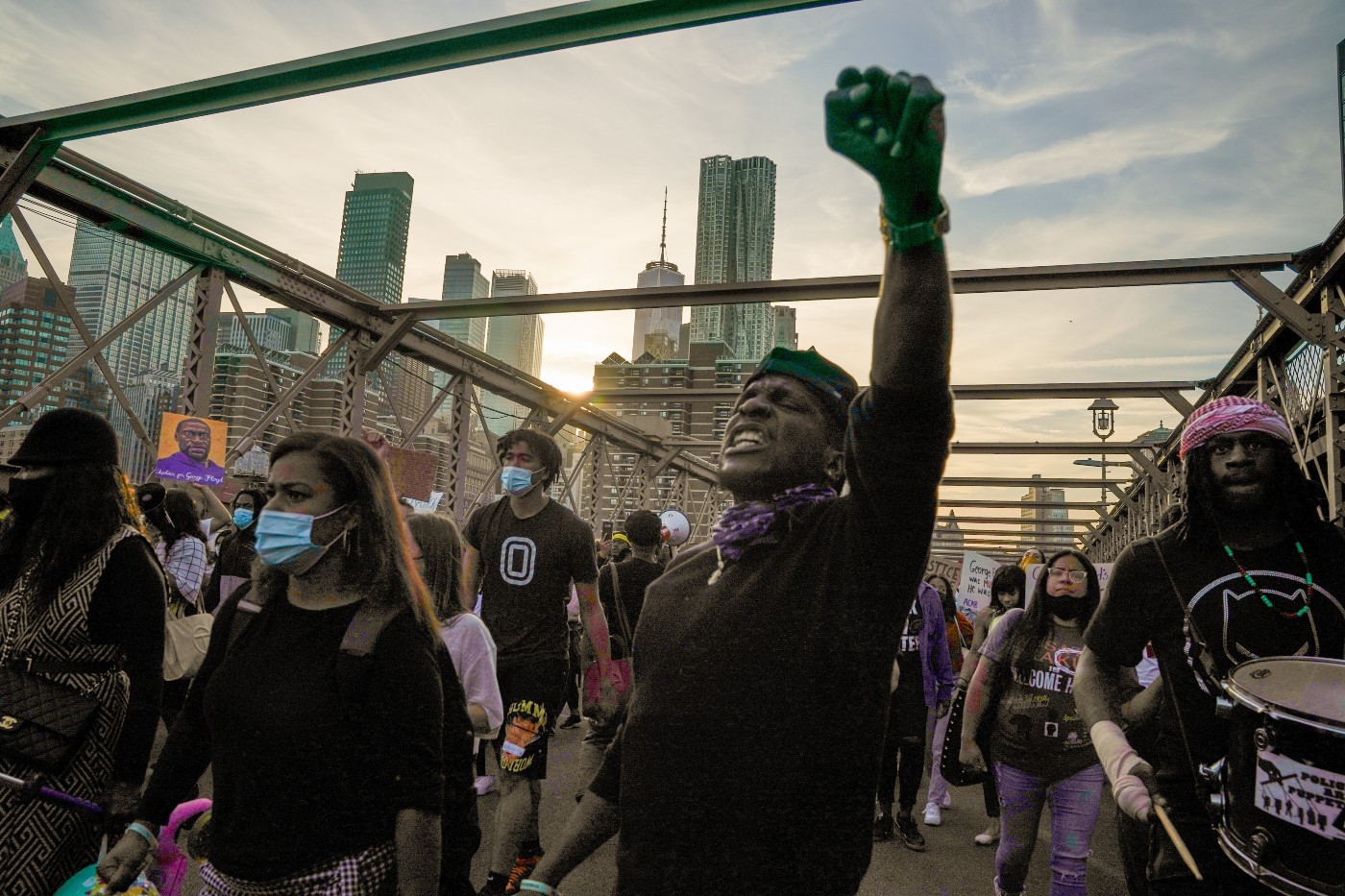 George Floyd legacy: what has changed in the US three years on
George Floyd legacy: what has changed in the US three years onfeature Police officers are more accountable but has ‘white empathy’ hit a wall?
-
 Why energy firms are sending in bailiffs during cost-of-living crisis
Why energy firms are sending in bailiffs during cost-of-living crisisfeature A Times investigation found that debt collectors had been force-fitting meters in people’s homes
-
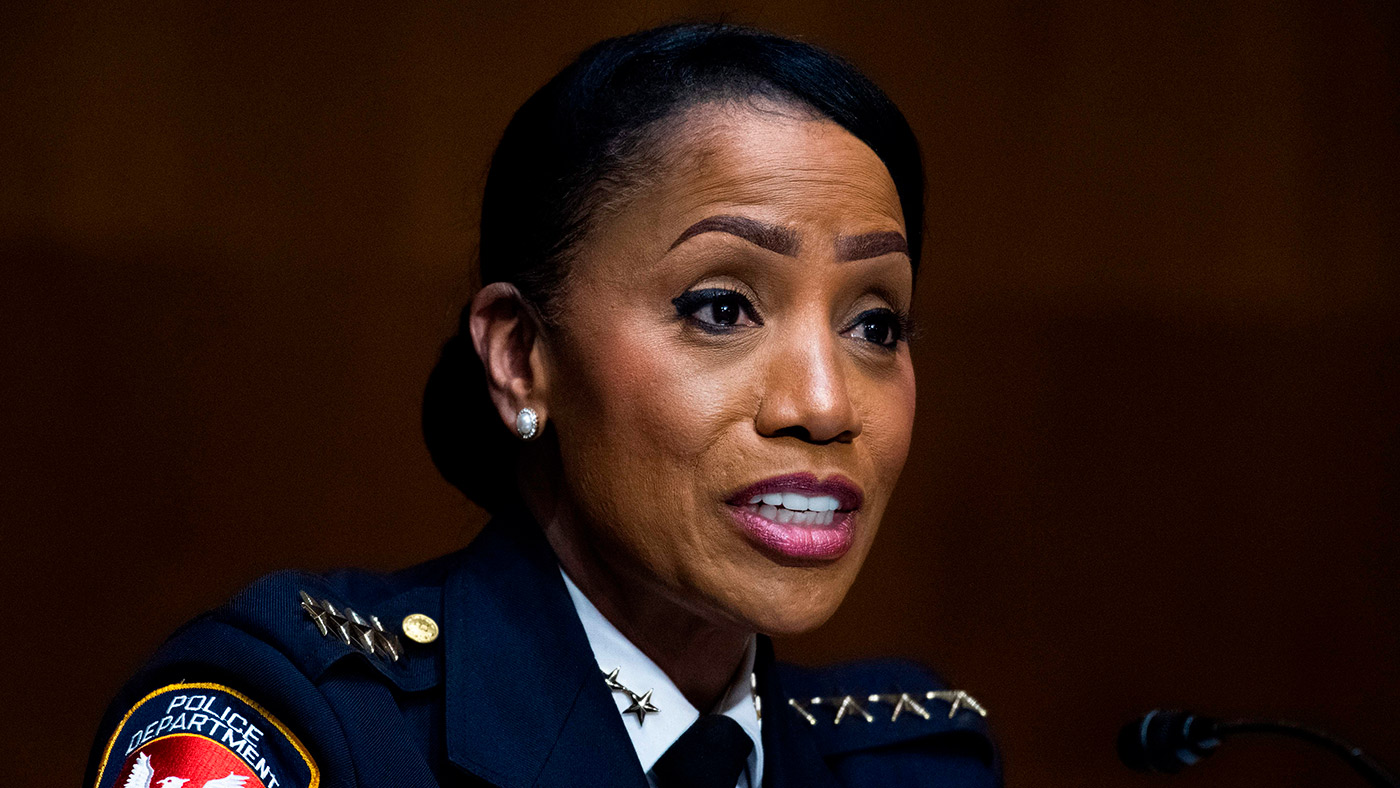 US elite crime-fighting units: a recipe for trouble?
US elite crime-fighting units: a recipe for trouble?feature Tyre Nichols’ death in Memphis highlights the dangers of using of elite crime-fighting units
-
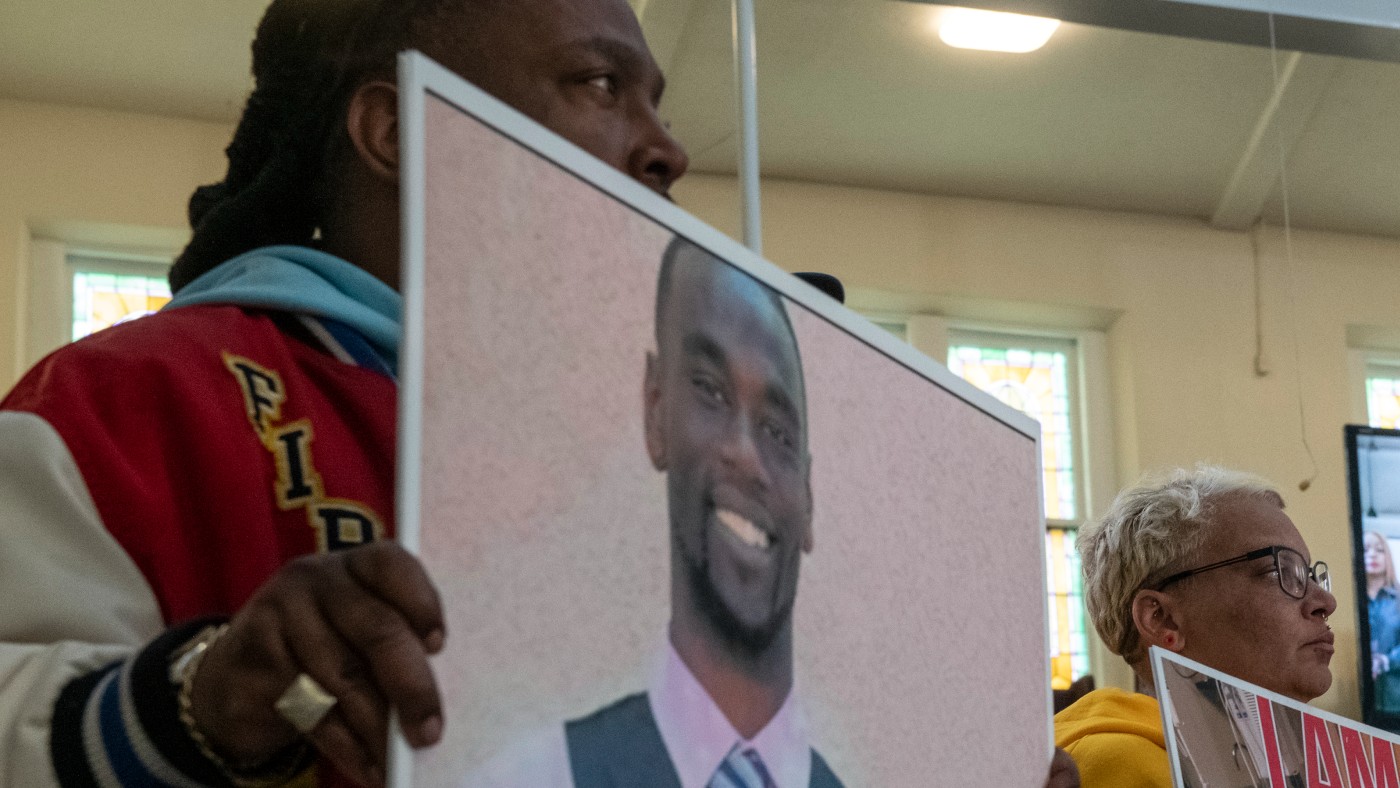 What happened to Tyre Nichols?
What happened to Tyre Nichols?Speed Read President Biden calls for ‘peaceful protest’ ahead of video release showing Memphis police officers fatally injuring 29-year-old
-
 ‘Police tactics are not getting worse, they are simply being filmed’
‘Police tactics are not getting worse, they are simply being filmed’Instant Opinion Your digest of analysis from the British and international press
-
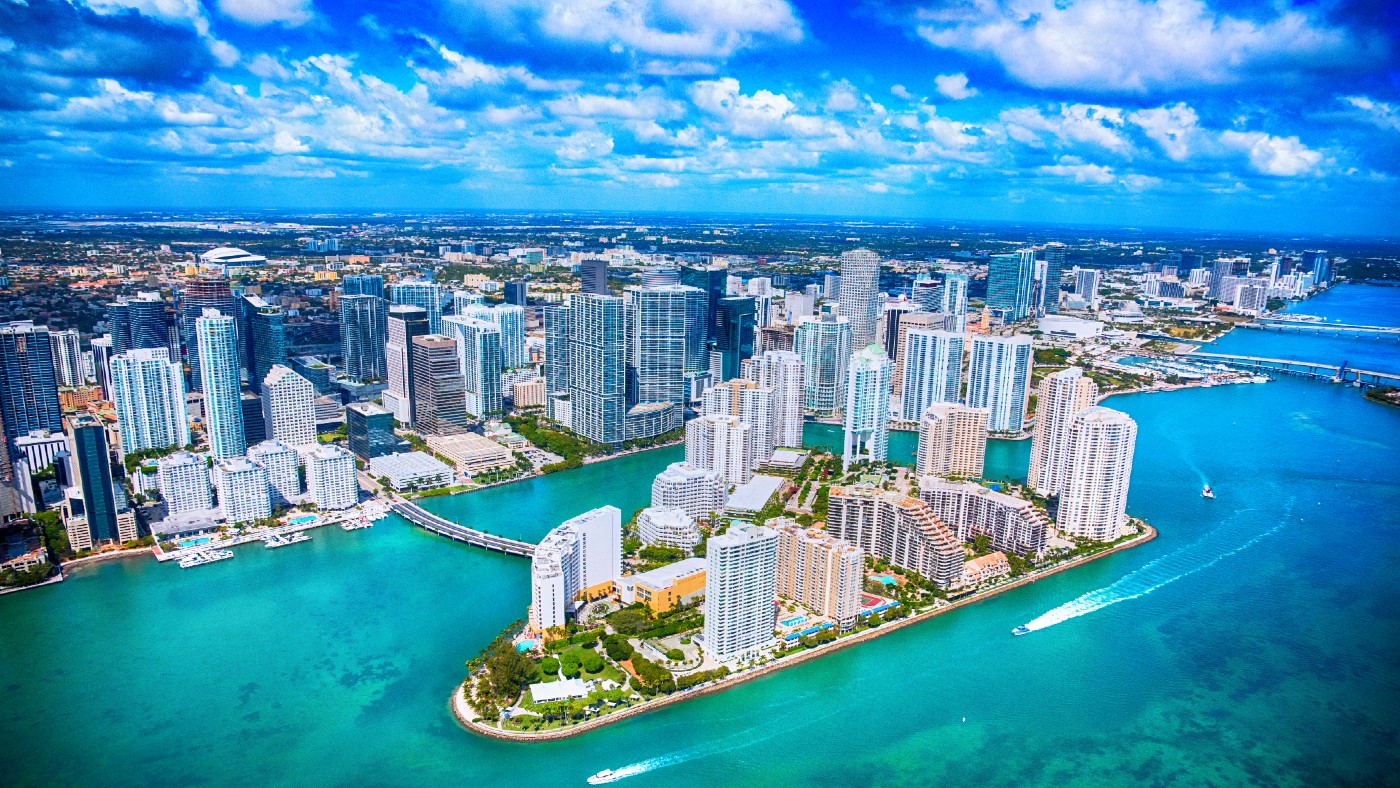 A sunshine state of mind: the mass exodus to Florida
A sunshine state of mind: the mass exodus to Floridafeature Could Florida be the new New York?
-
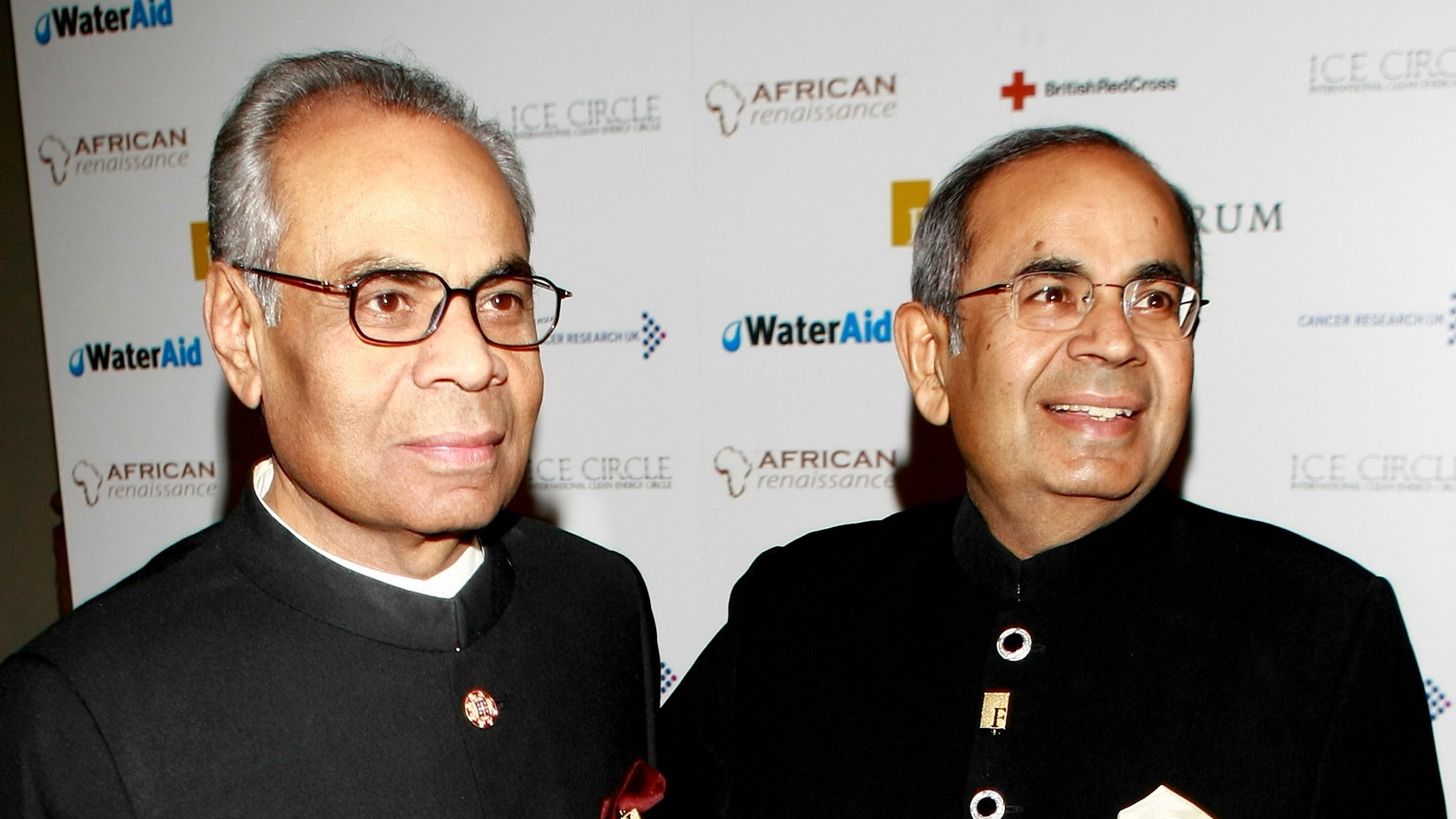 Who are the UK’s richest people?
Who are the UK’s richest people?feature Anglo-Indian brothers top this year’s list of the country’s billionaires
-
 Does the Highway Code prioritise cyclists?
Does the Highway Code prioritise cyclists?feature Updated code introduces new ‘hierarchy of road users’ that places drivers below pedestrians and cyclists